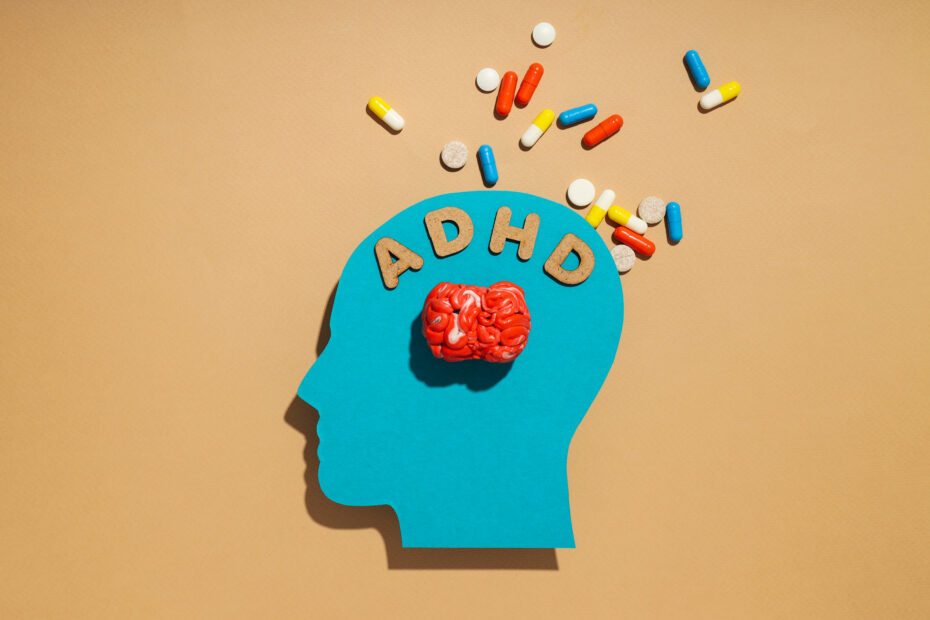Adult Attention-Deficit/Hyperactivity Disorder (ADHD) often goes unnoticed, underdiagnosed, and untreated. However, Dr. Leigh Richardson, a renowned expert in cognitive enhancement and mental health, brings to light the complexities and challenges faced by adults with ADHD. Through her insights, this blog post aims to offer effective strategies for managing ADHD, transitioning from a state of chaos to one of control and fulfillment.
Understanding Adult ADHD
ADHD in adults is a neurodevelopmental disorder characterized by symptoms such as difficulty maintaining attention, impulsiveness, and hyperactivity. These symptoms can significantly impact various aspects of life, including work, relationships, and self-esteem. Dr. Richardson emphasizes recognizing these signs and seeking professional evaluation as the first step toward management.
Strategy 1: Professional Guidance
Seeking the help of professionals specializing in ADHD can provide a foundation for understanding and managing the condition. This may include psychotherapy, medication, or a combination of both. Dr. Richardson advocates for a personalized treatment plan that addresses each individual’s unique needs and symptoms.
Strategy 2: Structured Routines
Creating structured routines can significantly benefit those with ADHD by providing predictability and reducing the need for decision-making about what to do next. Dr. Richardson suggests setting up daily and weekly schedules that allocate time for work, leisure, and self-care activities, making it easier to stay focused and organized.
Strategy 3: Time Management Tools
Effective time management is crucial for adults with ADHD. This might include using planners, timers, apps, or other tools to keep track of tasks, deadlines, and appointments. Dr. Richardson recommends exploring various tools to find what works best for you, emphasizing the role of technology in aiding time management.
Strategy 4: Minimize Distractions
Creating an environment that minimizes distractions can help improve focus and productivity. Dr. Richardson advises identifying personal distractions and finding ways to eliminate or reduce them, such as decluttering your workspace, using noise-cancelling headphones, or limiting time on social media.
Strategy 5: Exercise and Nutrition
Physical activity and a balanced diet play a significant role in managing ADHD symptoms. Exercise can help improve focus, mood, and energy levels, while a nutritious diet can support brain health. Dr. Richardson encourages incorporating regular physical activity into your routine and being mindful of nutritional choices.
Strategy 6: Support Networks
Building a supportive network of friends, family, and peers who understand ADHD can provide emotional support and practical advice. Dr. Richardson highlights the value of support groups, either in-person or online, as a space to share experiences, strategies, and encouragement.
Strategy 7: Self-Compassion and Patience
Finally, Dr. Richardson stresses the importance of self-compassion and patience in managing ADHD. Acknowledging progress, celebrating small victories, and being patient with setbacks are crucial for building self-esteem and resilience.
Conclusion
Managing adult ADHD is a journey of understanding, adjustment, and adaptation. By employing these strategies, individuals with ADHD can navigate their challenges more effectively, improving productivity, relationships, and overall well-being. Dr. Leigh Richardson’s expertise underscores the potential for individuals with ADHD to transform their lives from chaos to control, embracing their unique strengths and capabilities.
